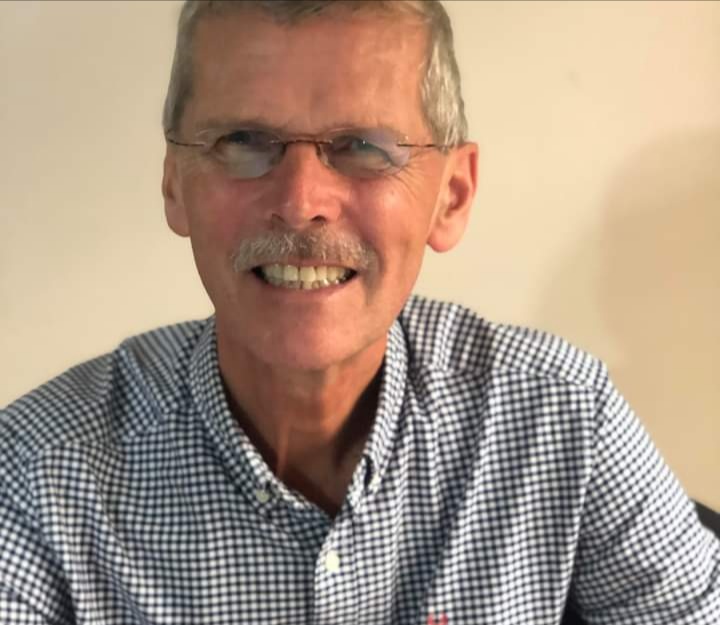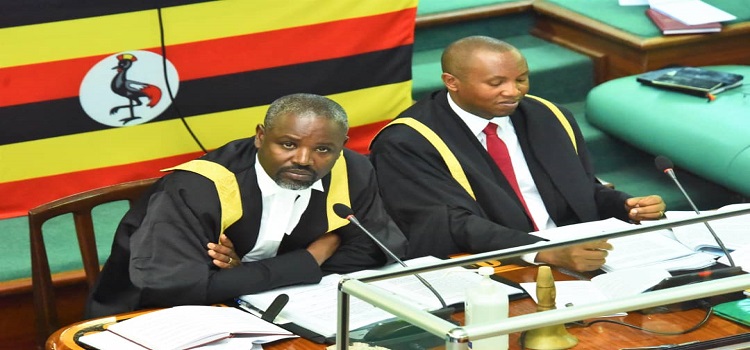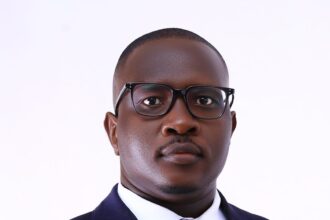Many African countries are facing a debt crisis because a huge share of their budget is being allocated to debt servicing, leaving little over for the business of running the country.
President Kenyatta spent lavishly on many infrastructure projects, but now his successor is having to find the money to pay for them. The Uganda Revenue Authority is struggling to raise taxation for increasingly larger budgets of which the largest tranche goes to debt repayment. There was a recent gathering of international donors to discuss this debt issue in which the consensus was in favour of debt relief, but the country which stood against this was China.
China is now the largest creditor of African countries, and like any good money lender, has lent funds without preconditions, but with the submission of land titles and stiff rates of interest.
The debt crisis is highlighting the mismatch between the need for discipline in the financial management of a nation and the whims of politicians who control the government purse. It is normal that any party which wins an election and forms a government will make promises for better services, such as free healthcare and free education. It will also want to improve the infrastructure and build new roads and government buildings. However, most governments in Africa also wish to control the political environment in order that they stay in power. Some do this through violence and intimidation, but political control can also be accomplished through financial incentives to bring opposition politicians into the fold and keep regional representatives happy. As the political machine grows, the expenditure increases so that a significant proportion of the budget is diverted for political imperatives. Thus, a big chunk of the budget is cut off for debt repayment, and another big chunk is allocated to managing the politics, leaving a rather small slice for the business of running the country. Governments then issue bonds at high interest rates to meet the budgetary deficit, and so a vicious cycle is created in which more debt is created to pay previous debt. In the private sector this would be called a Ponzi scheme.
The other result of rewarding those in the political system is that it creates a perverse incentive in which there is less motivation for individuals to work hard and drive business which causes growth and development, but more incentive to join the political bandwagon. Position and wealth are attained from a political appointment, while honest endeavor and individual hard work do not bring such quick rewards. In Uganda the role models are wrong. People do not see those who have been successful as the result of honest endeavor; people see those who have made it because of their political connections.
Another perverse incentive which we have created in Uganda as the result of many government promises and programs is that many people do not have a sense of self-reliance anymore, but feel that everything is responsibility of government. This has created a lack of individual responsibility, as demonstrated by men who do not even take care of their own children, abandoning their wives and leaving them to shoulder the burden. Such behaviour would be heavily penalized in western societies where fathers who leave their families are saddled with heavy child support which is deducted directly from their salaries. But in Uganda there are no consequences.
The result of prioritizing political considerations, plus making many promises for free government programs is a generation of Ugandans who see the only way forward as through politics, and do not feel they have control over their own lives. There is a difference between Ugandan and Kenyan workers: The Kenyan environment is harsh, and jobs are hard to find, so Kenyans value the opportunity to work, but Ugandans see work as a necessary evil, secondary in importance to nonproductive activities, such as having leisure time or attending weddings and funerals.
Kenya may be facing a debt crisis, but many Kenyans will continue to advance themselves despite this difficulty. While Ugandans may soldier on through the potholes, they are also waiting for government to fix things and hoping that better times will come with the arrival of oil. Of course, there are self-reliant Ugandans who have worked hard and been successful through adversity, but they are the exception rather than the rule. The debt crisis in Uganda has highlighted the prioritization of spending on the political establishment, the political promises being made and the culture of government dependency this has created. However, the values we should be promoting are hard work, self-reliance and personal responsibility, without which no society can develop.
Do you have a story in your community or an opinion to share with us: Email us at Submit an Article









